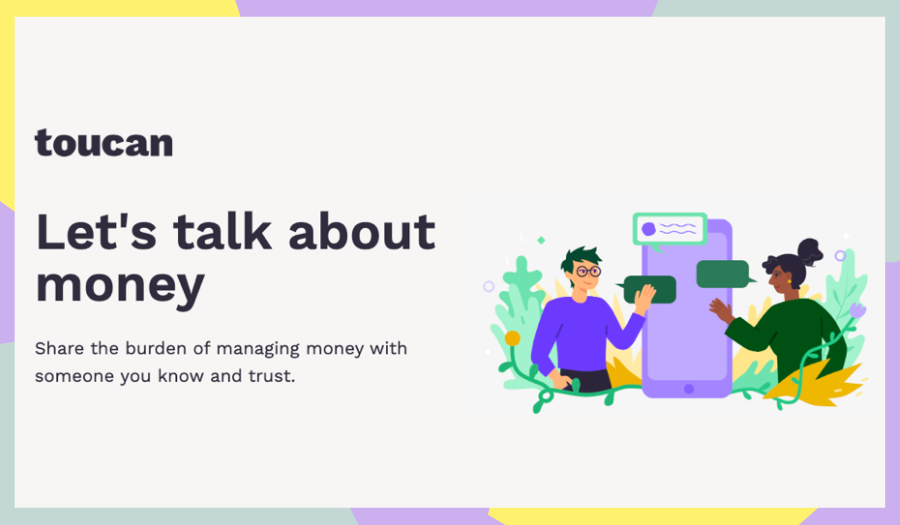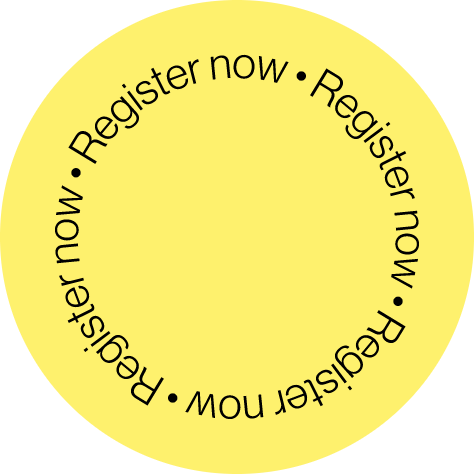Bailey, tell us about your journey into creating Toucan
I’ve worked in fintech for almost a decade; I was an early-stage employee at MarketInvoice and Monzo. I admire how financial services have been disrupted by some of these new players. They’re making products faster, cheaper, better. However, in the last 8-9 years, I’ve seen that the rise in new technology has also led to the exclusion of people with anxiety and other mental health issues. So last year, when I was working as a consultant and doing open banking projects with various start-ups, I was inspired to find a way to use this technology to increase financial inclusion for people who feel that they’re excluded from some digital services.
This product is quite personal to me because I’ve had mental health issues. I’ve had a relationship with The Money and Mental Health Policy Institute since I worked at Monzo in 2016. I knew that they were looking to help create products that related to the recommendations and research they initiated with different companies. There was a gap in the market, a gap where banks don’t enable carers or people with carers to get that help with money management. Toucan is bridging that gap.
There was a gap in the market, a gap where banks don’t enable carers or people with carers to get that help with money management. Toucan is bridging that gap.
Who falls into that gap? What kind of mental health issues will Toucan help with?
Various people in numerous situations could benefit from the help of someone they trust. Today, Toucan works well for people who are at risk of impulsive or compulsive spending. Overspending is associated with a few different mental health problems. For example, people with chronic depression may spend impulsively to make themselves feel better. Overspending is also a part of the diagnostic criteria for several mental health issues. People who have bipolar disorder, for instance, will experience manic episodes where they become impulsive and can spend thousands of pounds on things they will never use. Compulsive spending affects a lot of people with mental health issues, but it also affects the general public
Compulsive spending affects a lot of people with mental health issues, but it also affects the general public
Most people don’t think about their relationship with spending and how they’re feeling. However, people generally do have a money mindset. For instance, say I have a bad day, then I’ll forgive myself for spending to make myself feel better. That’s not a problem; unless you start going into debt. Then you’re reliant on overspending to feel better about yourself. Those are the kinds of things we’ve been helping with.
You’re working in a specialist area; do you have any clinical backing for your research?
We’re fintech experts; we’re not from health backgrounds. Nevertheless, The Money and Mental Health Policy Institute have been guiding us. We’ve recently started talking to psychologists about how we can start to recognise patterns relating to someone’s transactional data. There is a lot of academic research into the overlap between mental health and spending which has contributed to our pilot.
How does Toucan protect people at risk?
We’ve devoted a lot of time into protecting those at risk. Generally, when anyone decides to trust someone with their financial data it could easily become negative. Someone we once trusted could act out in malice. Consequently, we are continuously asking ourselves how we can safeguard people using the app. In the future, we aim to integrate different permission structures. For example, say you have someone who wants to share when their balance goes beneath a certain number only once; that would be the lightest touch. In contrast to someone happy for their carer to have complete transparency. Overall, protection and consent are at the core of our product.
Overall, protection and consent are at the core of our product
What are the key themes you’ve noticed from your research so far?
Although we’re only halfway through our pilot at the moment, the key themes have mainly been in response to the alerts. They have triggered useful money conversations for people, which consequently helps someone with mental health difficulties to share the burden with someone they trust. We’ve had feedback that said, “I feel a weight has been lifted because my husband understands what I’m struggling with.” People are starting to have these important conversations because they’re informal and timely.
We've also found that because the participants are aware of the alerts, they are being more mindful about their spending. The very act of having an accountability partner, someone who holds you responsible if you spend too much, has helped some of the participants monitor their bank balance more often. Interestingly, we also found that the third party needs some support too. We’ve got a few participants on our pilot whose carers are vulnerable themselves, so we need to make sure that we’re not overloading someone with responsibility or burdening them. Our next version of the product will look at more structured ways support can be enabled by Toucan.
In your own words, how would you describe the impact that Toucan will have?
According to The Money and Mental Health Policy Institute 400,000 people in England and Wales alone, in one year, considered taking their own life because of money issues. 100,000 of those did try to take their own life because of money problems. The stigma around debt is a particular problem; people don’t want to tell their closest family and friends that they’re having trouble.The dream for Toucan is to enable a society where people feel much more comfortable having informed money conversations.
That’s not just about carers, that’s about all of us. We believe that the world would be much better if people talked about money more openly. The stigma's around spending habits and debts block us from sharing useful advice about what we might earn and how we might save money.
There’s a lot of shame around talking about money, and so our product is trying to enable those conversations and in a way that’s safe and timely. So, in the future, our product won’t necessarily just be for carers, it will be for couples, flatmates, family, people we trust. That’s where we start, with relationships based on trust; we want to plug into existing support networks that help create those money conversations. We think that’s powerful.
Curious to hear more insights, find your next role, or talk all things innovation? Be sure to message Drew Welton, or register with us to stay in the know!


.png?width=900&height=525&name=Blog%20Images%20-%20Branded%20(45).png)

